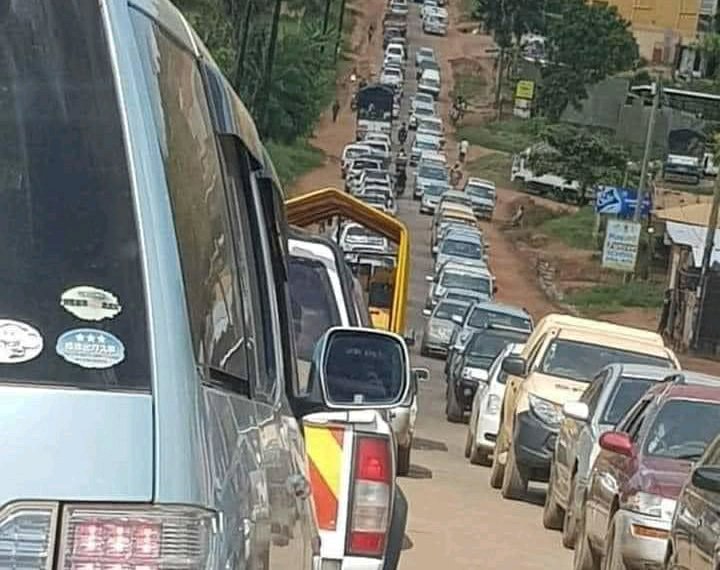
A car, whether it is a brand new car or a used car, is by no means regular merchandise. It is an investment that you make so that it can provide you utmost utility and comfort. Your car gives you back more than you give it. That is why you should give it the care that it deserves. Car parts inspection is one thing that you must do regularly. This one, in fact, is one of the best maintenance tips that you mustn’t ever ignore. If you inspect the most important parts of your car regularly, you reduce the risk of accident substantially.
Here are the car parts you should check regularly:
1. The Oil
The oil in your car keeps everything running smoothly, and your car can’t run without the right level of oil. You can check your oil level by simply pulling out the dipstick and seeing where the oil level is. Note the colour of the oil on the dipstick: is it black or gold? If it’s black, you should take your car in for an oil change. On that note, get oil changes on a regular basis as recommended by your vehicle manufacturer or mechanic.
2.The Brakes
Don’t wait for that screeching sound that tells you the brake pads are getting old. Having your brakes checked regularly by a pro keeps your car safe and on the road. If there is one thing on your vehicle you don’t want to take for granted, it’s the brakes.
3. The Power Steering Fluid
Have you ever driven a car without power steering? It’s not fun. Plus, without the correct amount of fluid, your power steering could fail, making it harder to control your car. Like your oil, you can check and refill this one yourself, so make it a habit.
4. Wheel Alignment
Is your car veering slightly to the left or right when you drive? That’s a clear sign you should get your vehicle’s wheel alignment checked. Getting your vehicle’s wheel alignment adjusted ensures your car will steer and react the way you want it to when you need to turn quickly.
5. The Antifreeze or Coolant
In Canadian winters, you will need to make sure that you have enough antifreeze in your car to make sure it can run properly. Cold temperatures are hard on your car. On the reverse side of that coin, coolant is also an important fluid to check on your car. Keeping your car running smoothly relies on the right levels of the fluids it needs. But be advised: you should never add coolant to a hot engine. Wait until the engine has cooled before attempting to add coolant to avoid the possibility of suffering burns or cracking the engine block.
6.. The Tire Treads
It’s not just the pressure in your tires that matters. Your tires depend on the tread to give you traction on the road, and it’s especially important in slippery conditions. Look for signs of wear in your tires – and also look for any bulges or odd lumps that could indicate a problem. Low tread or bulges in the tires can cause slipping or a blowout on the road.
7. The Air Filter
A clogged air filter will cost you in fuel consumption, and it’s bad for the car as well. It costs very little to get it checked and replaced as needed, so make it a regular part of your car maintenance routine. Most places will check it for you, free of charge, when they change your oil.
8. The Transmission Fluid
If your transmission seizes or fails, your vehicle won’t run, and it will result in an expensive repair. A transmission failure while driving is not something you ever want to experience. Make sure that the transmission fluid is always at right level (too little or too much fluid can result in problems) and is changed periodically to make sure your car can change gears smoothly. On many vehicles, you can check your transmission fluid level by withdrawing its dipstick while the engine is running. In addition to the fluid level, check the colour; it should be red. If it’s black, that indicates you may need a transmission flush and the fluid changed.
9. The Lights – All of Them
Having any of the lights on your car not functioning properly is dangerous. Be sure to check your turn signals, brake lights, reverse lights, and of course, your headlights on a regular basis. Although you are likely to catch a headlight that is out, you may not notice a burnt-out brake light or taillight. These things are vital to letting other vehicles know what you are doing or about to do – and preventing accidents. You could also get a ticket if any of the lights on your vehicle is not operating properly.
If you keep your car in good condition, it will keep you safe and in control on the road. You’ll also maximize your investment in the vehicle over time. Make sure the functions of your car aren’t the only thing you check periodically.
